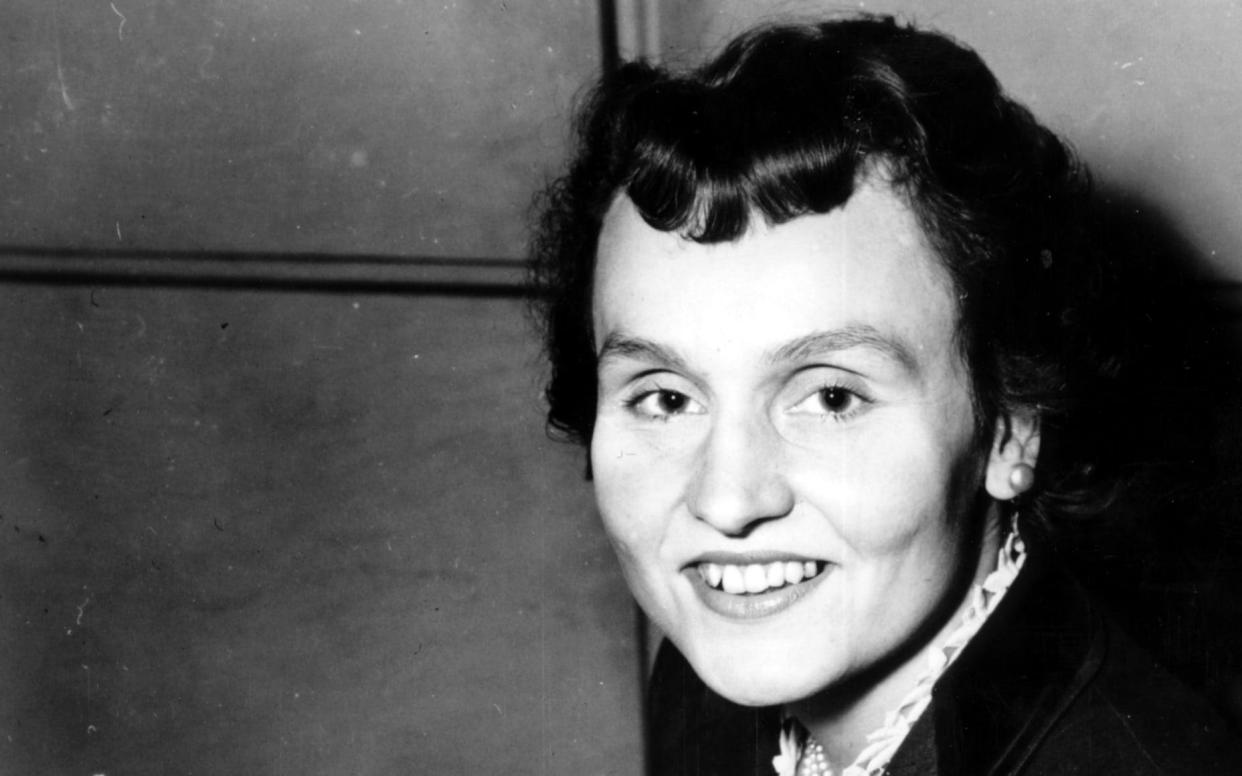The Archers 'tricked' 1950s farmers into modern methods by portraying small farms as 'backward', says expert

The Archers "tricked" 1950s farmers into adopting modern techniques by portraying small holders as "inefficient and backwards", an adviser to the show has said.
Graham Harvey, who helped write hundreds of episodes of the Radio 4 programme, said small farmers were given a "clown" image because the broadcaster backed a government agenda to bring farming into the 21st Century after the Second World War.
He said the show subtly praised larger farms, despite 70 per cent of the world's food being produced by small-scale farms, and listeners were duped into adopting more up to date practices.
Author and columnist Harvey spoke out at Chalke Valley History Festival near Salisbury - the UK's biggest history festival.

The first episode of The Archers was broadcast on January 1, 1951 and it is the world's longest running drama. It follows the trials and tribulations of the Archer family and their neighbours in the fictional village of Ambridge.
"The Archers started in the 1950s and it was the programme that the BBC never wanted to make," said Harvey.
"The BBC had a mission to inform and educate and they wanted to get farmers up to date and produce more food.
"It was a way of tricking farmers into it by slipping in messages about modern farming techniques and becoming more up to date.
"The show was an immediate success. Suddenly they had a show which was going to be an enormous hit.
"The audience became huge and at the time of Grace Archer's death in a fire it peaked at 20 million listeners.
"People thought The Archers was a real community and the scenes were real, and the BBC encouraged that. The cast were interviewed by creator Godfrey Baseley as if it was a real village with real characters.
"The BBC were amazed by the response to a programme about a farming community but we had a government that thought small farms were inefficient and backward, and what we need is bigger farms.
"The BBC sided with the government Brookfield Farm started to get bigger and the character Gabriel was made into a clown, which undermined the community feel that people had enjoyed."

 Yahoo News
Yahoo News 
